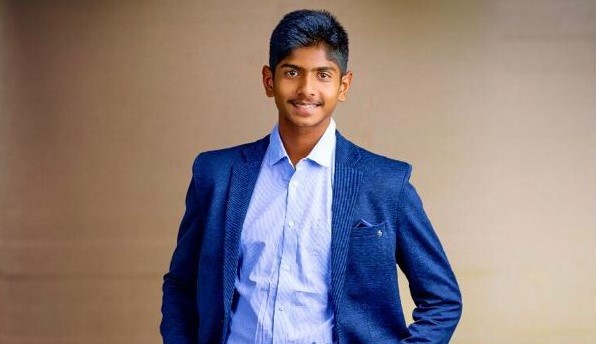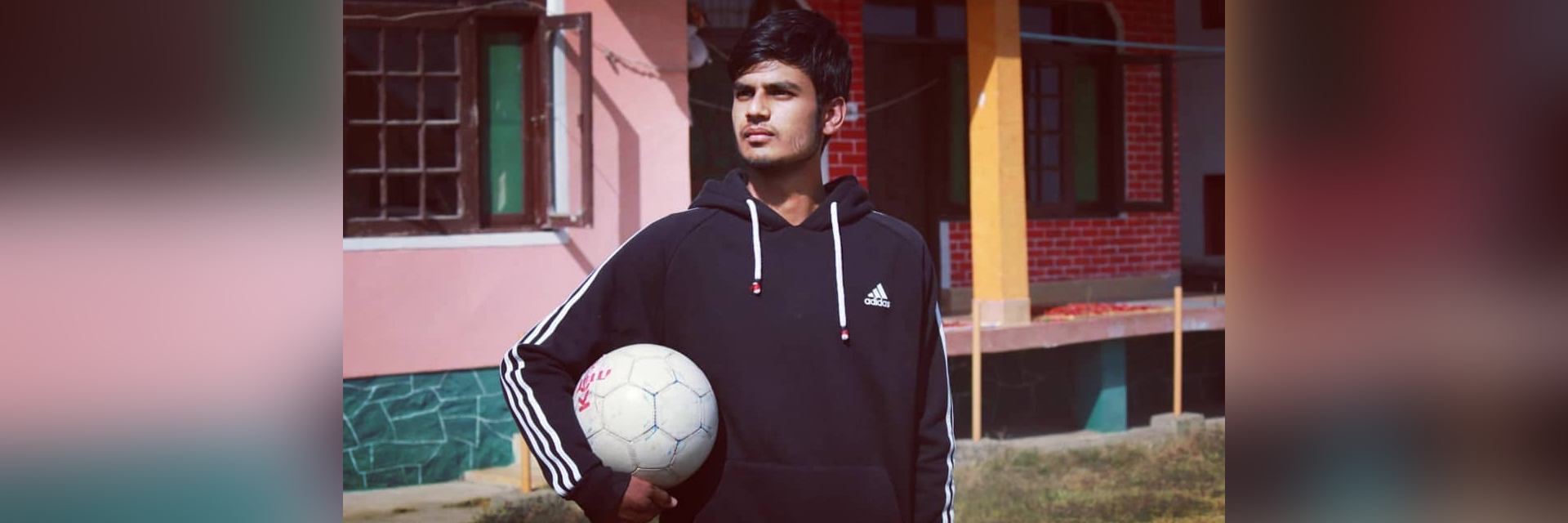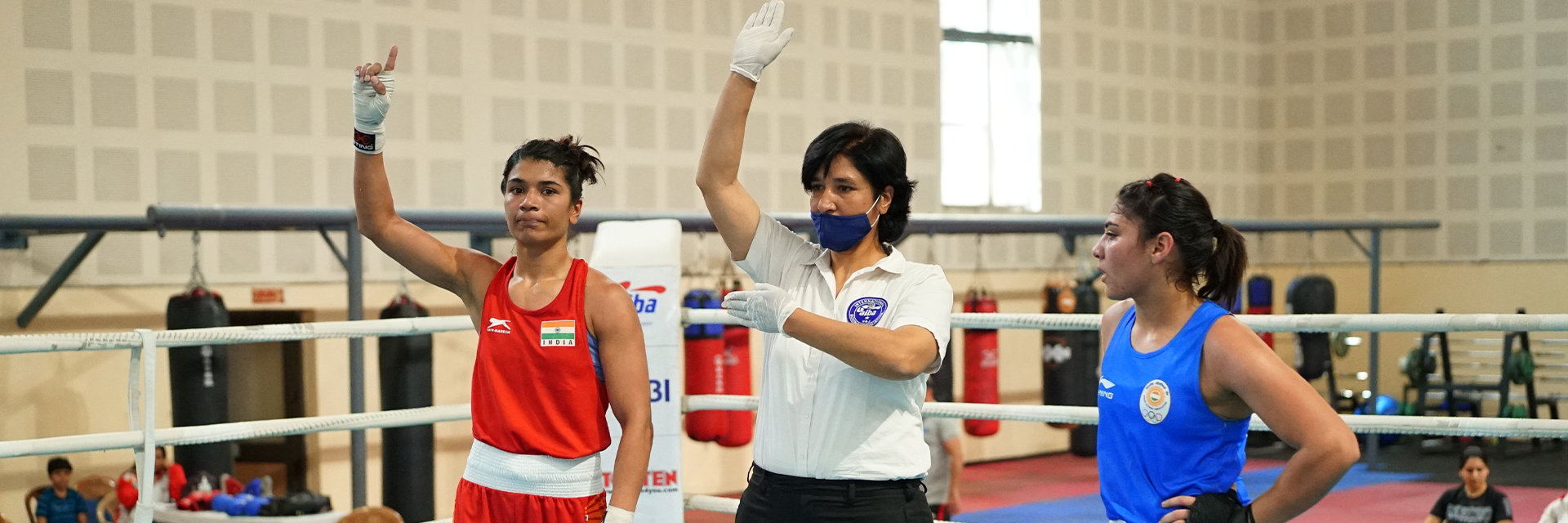(October 24, 2022) Dhruv Advaith is a young man of many talents. The 12th grade student at Chinmaya International Residential School is a national level tennis player, an environmentalist, a climate counsellor and a travel enthusiast, who has visited over 15 countries already, and is looking forward to studying abroad soon.
When the world went into the lockdown mode in 2020, Dhruv, like many others, spent time listening to music, on OTT streaming platforms, reading books or indulging in social media for recreational purposes. While he was at it, a random thought hit the teenager — What about the underprivileged? What recreation did they have in these dark times?
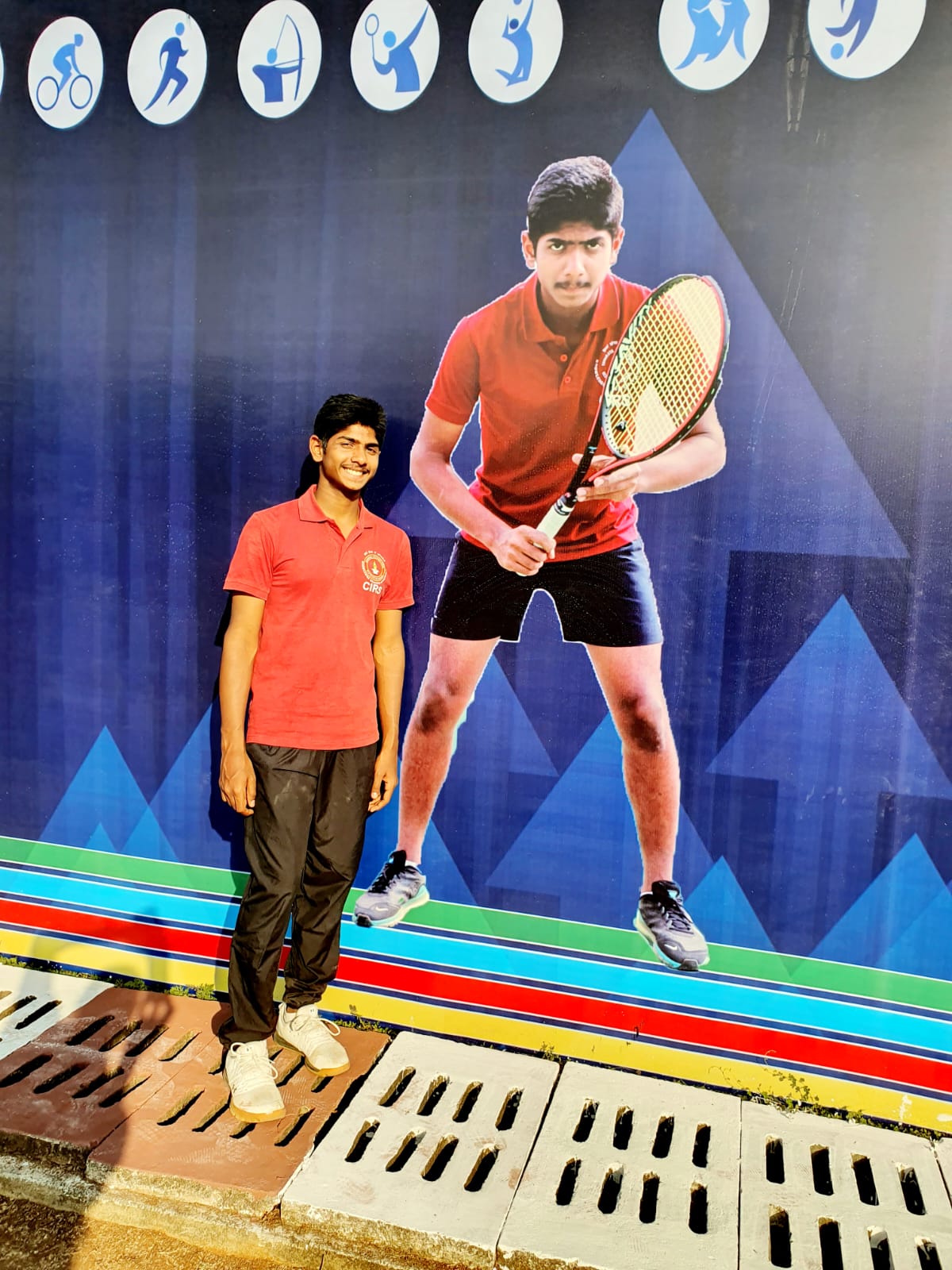
Dhruv Advaith
The book drive
The thought propelled him into action. Dhruv, then 15, segregated a few books from his library, reached out to his friends to do the same, roped in an NGO and then made a few quick visits to orphanages to know, first-hand, what kind of books the children needed. It was a time when people were scared to step out of their homes.
A couple of days later, Dhruv, while taking all Covid precautions, delivered dozens of books, bringing smiles to many faces. As the world opened up, the teenager continued what he had started. “We ended up setting up libraries in six orphanages which have more than one lakh books,” smiles K Dhruv Advaith, during his conversation with Global Indian.
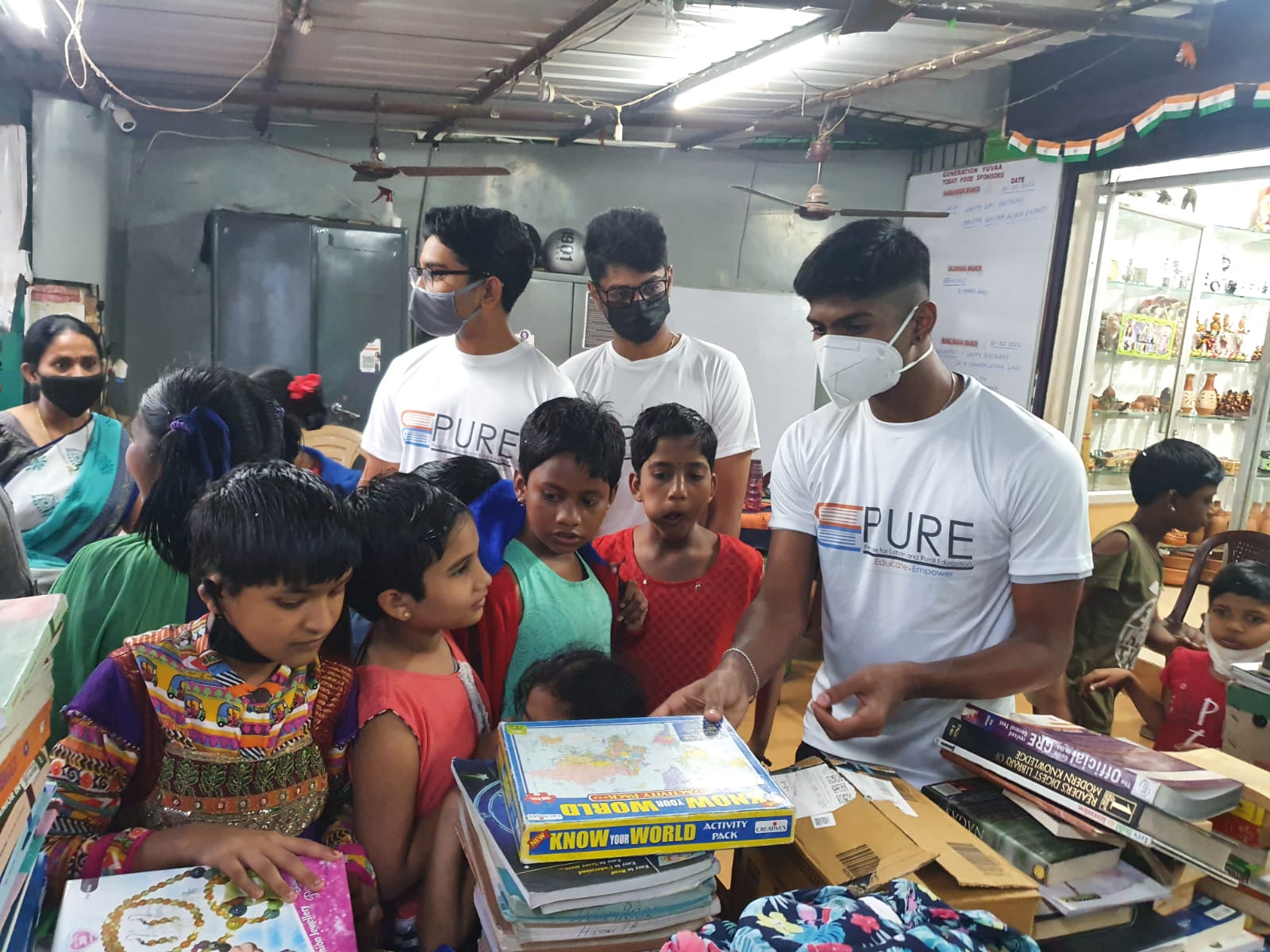

Dhruv during the Book Drive Project
For his ‘Book Drive Project,’ the US-based People for Urban and Rural Employment (PURE), a not-for-profit organisation that works towards providing education to students from underprivileged backgrounds, recently selected Dhruv as their first ambassador from India.
While he cherishes those moments, what gives him immense satisfaction is that he was able to deliver books for preparation for NEET and JEE examinations, which many children were keen to have.
Tennis talk
The 17-year-old lights up as the conversation turns to tennis. Excitedly, he names his achievements, which make up a fairly long list, considering his age.
So how did tennis happen? It began with his mother, Dr Aparna, who is a scientist. “My mother was pursuing her PhD at Andhra University and her workplace overlooked the tennis courts on the campus. She used to drop me at the tennis court for a couple of hours everyday evening, under the supervision of my grandmother,” smiles the teenager. At first, he admits, he was more interested in collecting the balls than playing tennis.
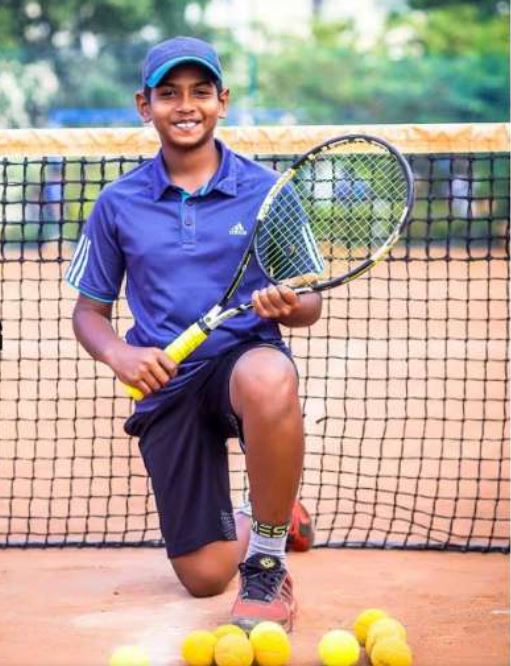

He played his first tournament at the age of seven, after which his coach saw huge potential in him. What followed was intense training which refined his strokes. “By then, tennis had become more than just a hobby,” says Dhruv, who soon began competing in local tennis events in Visakhapatnam and later secured his AITA (All India Tennis Association) membership.
The AITA gave him a platform to compete in tennis events across the country. “I got a chance to travel all the way from Punjab to Kanniyakumari and Gujarat to Assam. Experiencing different cuisines and culture was an enriching experience,” smiles Dhruv.
A winning run
Dhruv has participated in the Road to Wimbledon Champion, the AITA Nationals, Khelo India Nationals and the Universal Tennis Rating match, among other prestigious events.
“My most memorable match was the qualifying event for the under-14 super series held at Bhubaneswar. It was so humid that both the match and racquet were slipping away from my hand. I lost the first set and was down on my serve in the second set. Then, I sensed an opportunity in my opponents over confidence and fine-tuned my game accordingly. I won the game,” says the tennis player, who learnt the most valuable lesson that day — tables can turn anytime and one has to be persistent and wait for the right moment.
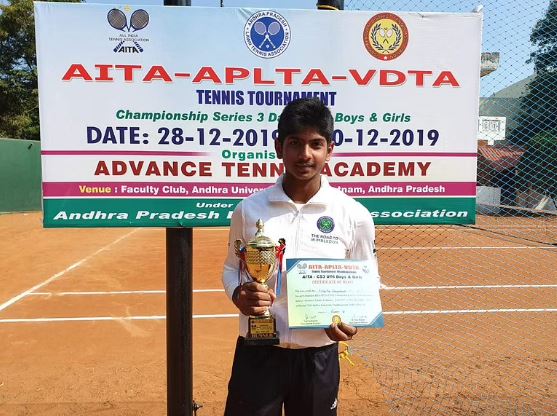

Staying in a residential school with a packed schedule leaves him with little time to practice his favourite game. “My practice sessions are limited to an hour-and-a-half in the evenings with one hour dedicated to fitness in the mornings,” says the teenager, whose fitness regime includes a mix of cardio, strength and agility training.
“In a few years from now, I see myself playing in the US Open or playing for India in the Davis Cup,” says the budding tennis player, for whom Yoga and meditation is mandatory at his boarding school.
Champion for nature
Like tennis, Dhruv was introduced to nature and wildlife quite early in life. “I used to spend a lot of time with my grandfather, who was blessed with a green thumb. He had a kitchen garden at his farmhouse where he taught me the basics of gardening and tending to animals,” Dhruv explains, talking of how he became a nature and wildlife enthusiast. He also has seven dogs, with whom he is deeply attached.
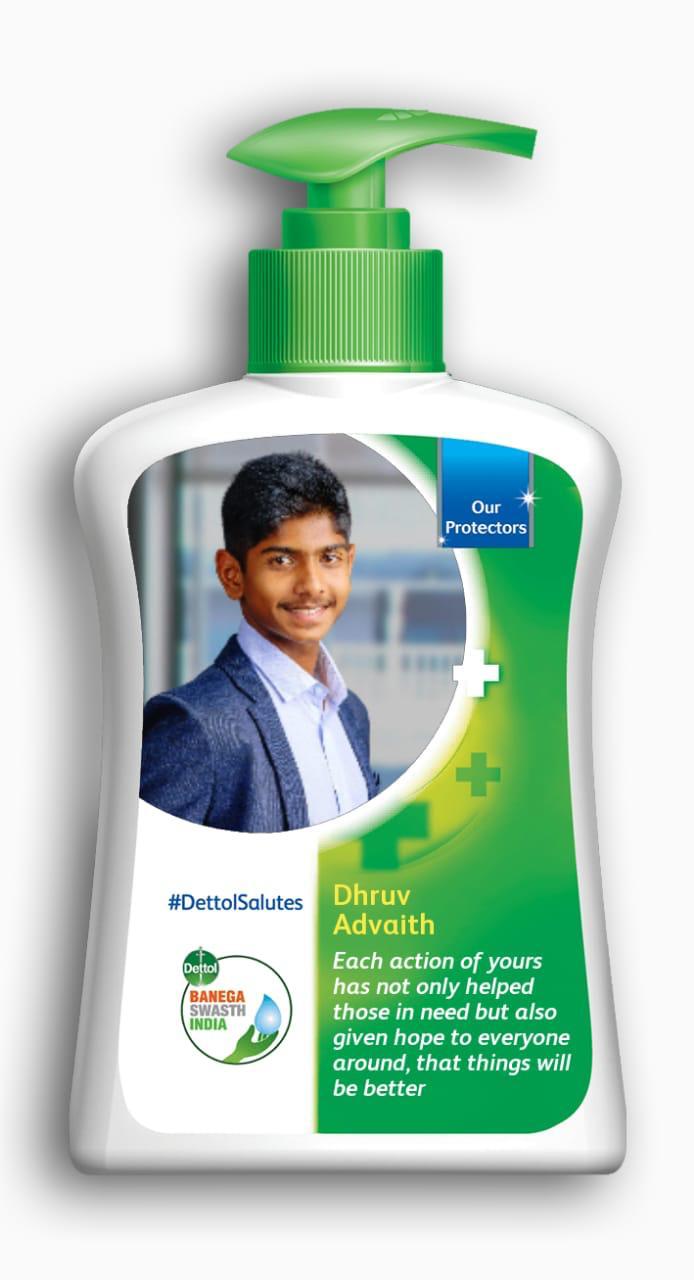

Dhruv featured on the Dettol Salute Campaign for Covid-19 warriors
Keeping in mind the planet’s best interests in everything that he does, Dhruv makes it a point to purchase only sustainable and recycled line of products, be it his shoes or clothes.
World Robotics Olympiad
Dhruv’s participation in the WRO in 2016 was a proud moment. As a child, he had spent lot of time with Lego construction bricks and later ventured into Lego mindstorms (a collection of Lego) where one could build a robot and program it in order to complete a certain task.
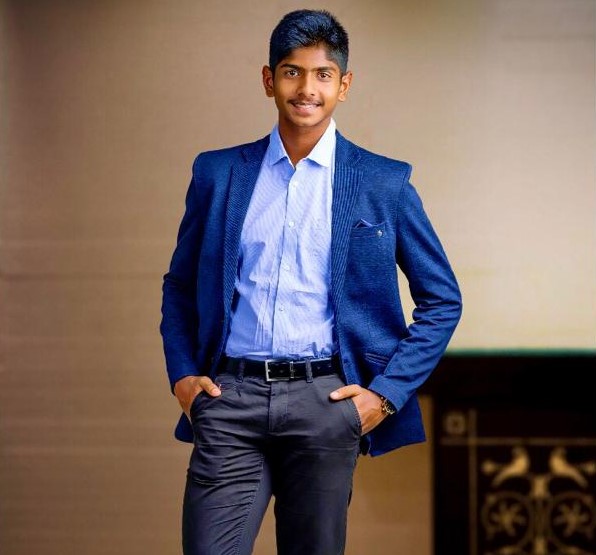

“I started interacting a lot with a drag-and-drop software and built several robots, each with a unique function,” explains Dhruv, who is also the youth ambassador for International Centre for Culture and Education (ICCE) supported by UN.
Joining the green revolution
Having joined ICCE’s Green Revolution program as a volunteer, where he had to promote awareness about sustainability and conduct a workshop, he successfully completed the course as a topper with a gold medal. Later, he was selected as an intern and climate counsellor where he led a team of 25 active members.
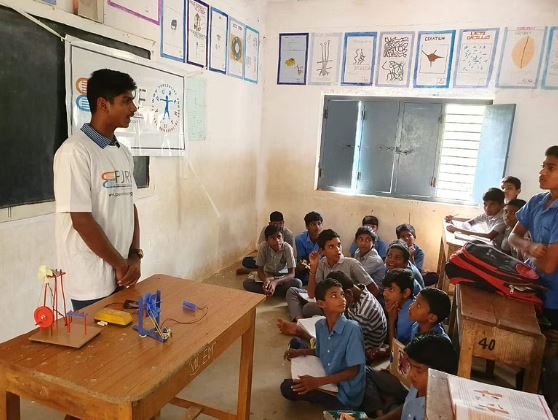

“I plan to lead a more sustainable lifestyle, leaving zero carbon footprint. I intend to lead by example, encouraging all my peers, friends and family to do the same,” says the multi-talented Dhruv, who likes to read a variety of books, including fiction and financial literacy genres.

